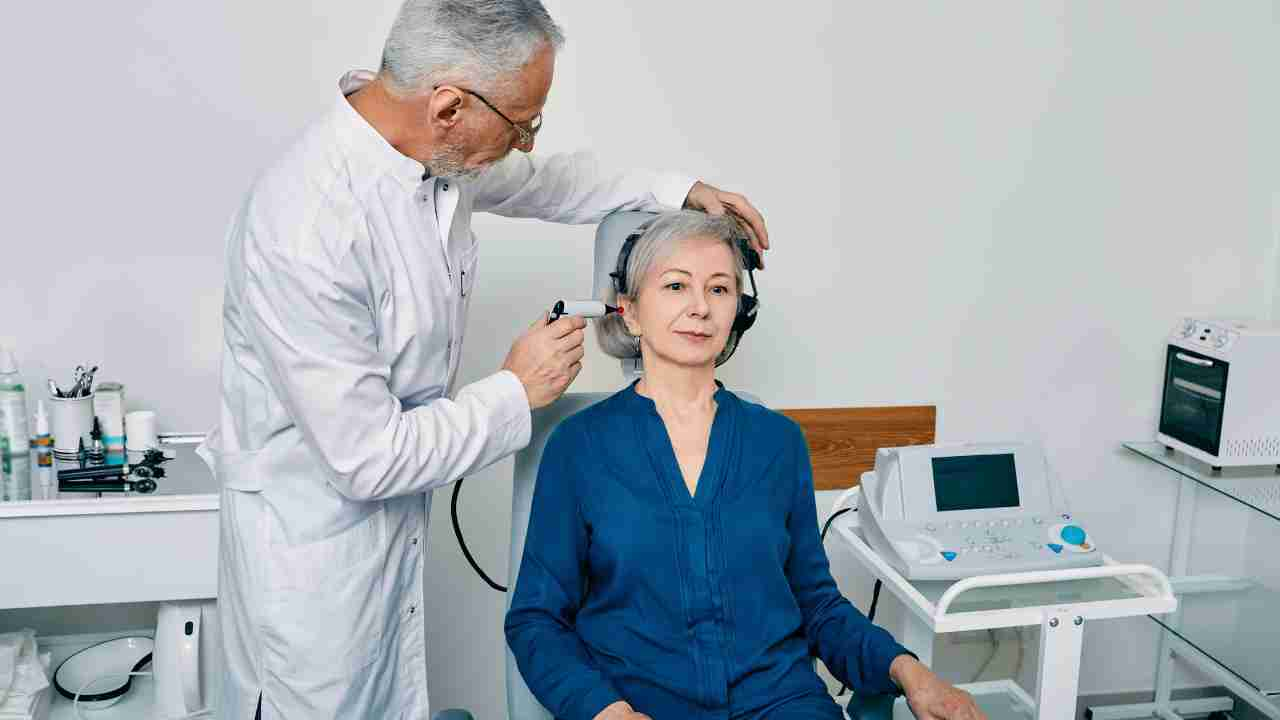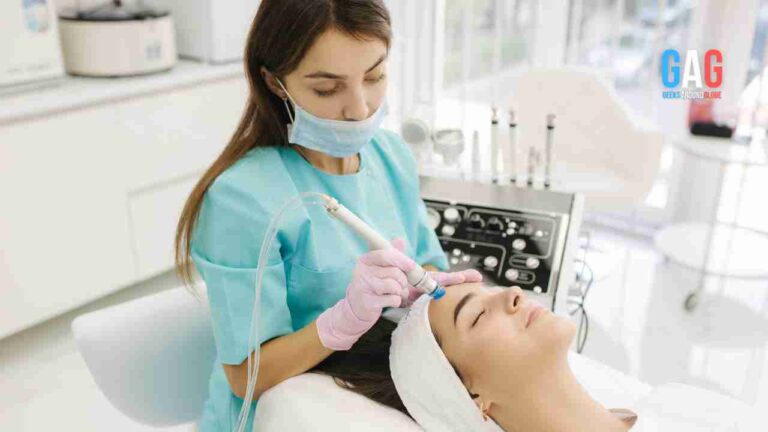Hearing issues are becoming increasingly common, but there are several strategies and modern solutions to help maintain and improve hearing health. This article delves into expert studies and recommendations for better hearing, and explores the role of modern hearing and how they’re better than ever at helping people live to the fullest.
Understanding the Risks and Solutions
Recent research from Johns Hopkins reveals that hearing loss is not just a matter of decreased auditory capability but is also linked with other health issues like dementia. Mild hearing loss has been shown to double the risk of dementia, with more severe cases increasing the risk even further. This research highlights the importance of addressing hearing issues proactively for overall health and well-being.
Strategies for Hearing Health: Insights from Expert Studies
To further illustrate the importance of maintaining hearing health and the effective strategies that can be implemented, let’s consider the following data table, which summarizes key recommendations and findings from various expert studies:
| Strategy | Description | Expert Findings | Potential Benefits |
| Regular Hearing Assessments | Periodic testing to detect changes in hearing ability | Johns Hopkins study emphasizes early detection for effective management | Early intervention and treatment planning |
| Advanced Hearing Aids | Using modern devices like Oticon Real | Enhanced clarity, noise reduction, and natural sound experience | Improved communication, reduced listening effort |
| Noise Exposure Protection | Using earplugs or avoiding loud environments | Prevention of noise-induced hearing loss | Long-term hearing preservation |
| Hearing Health Innovations | Engaging with new research and technologies | NIDCD research on accessible and affordable hearing health care | Access to improved care and technologies |
This table showcases the importance of a comprehensive approach to hearing health, emphasizing early detection, the use of advanced hearing technologies, protective measures, and staying informed about ongoing innovations in the field. By adopting these strategies, individuals can not only enhance their hearing capabilities but also contribute significantly to their overall health and well-being.
Upgrading to Modern Hearing Aids
One effective strategy in improving hearing health is upgrading to more advanced hearing aids, such as the Oticon Real. This modern hearing aid is designed to offer clearer sound, reduce background noise, and provide a more natural listening experience, making it ideal for various environments and needs.
The Benefits of Regular Hearing Checks
Regular hearing assessments are crucial in detecting any changes or declines in hearing ability. Early detection can lead to more effective management and treatment of hearing issues. It is recommended to have your hearing tested regularly, especially if you are exposed to high levels of noise, experience tinnitus, or have difficulty in understanding conversations.
Protecting Your Ears from Noise Exposure
Noise-induced hearing loss is a significant concern, especially given the prevalence of loud environments and personal audio devices. Protecting your ears by avoiding prolonged exposure to loud noises and using protective equipment like earplugs in noisy environments can help maintain your hearing health.
Embracing Hearing Health Care Innovations
There are ongoing research and innovations aimed at improving hearing health care. These include exploring barriers to hearing health care, developing user-centered hearing aid fitting techniques, and testing new models of care delivery. Staying informed about these developments and engaging with them can lead to better hearing health management.
In summary, maintaining and improving hearing health requires a combination of proactive health practices, regular assessments, protective measures against noise exposure, and embracing modern solutions like advanced hearing aids. By following these strategies, individuals can not only enhance their hearing capabilities but also contribute to their overall health and quality of life.







